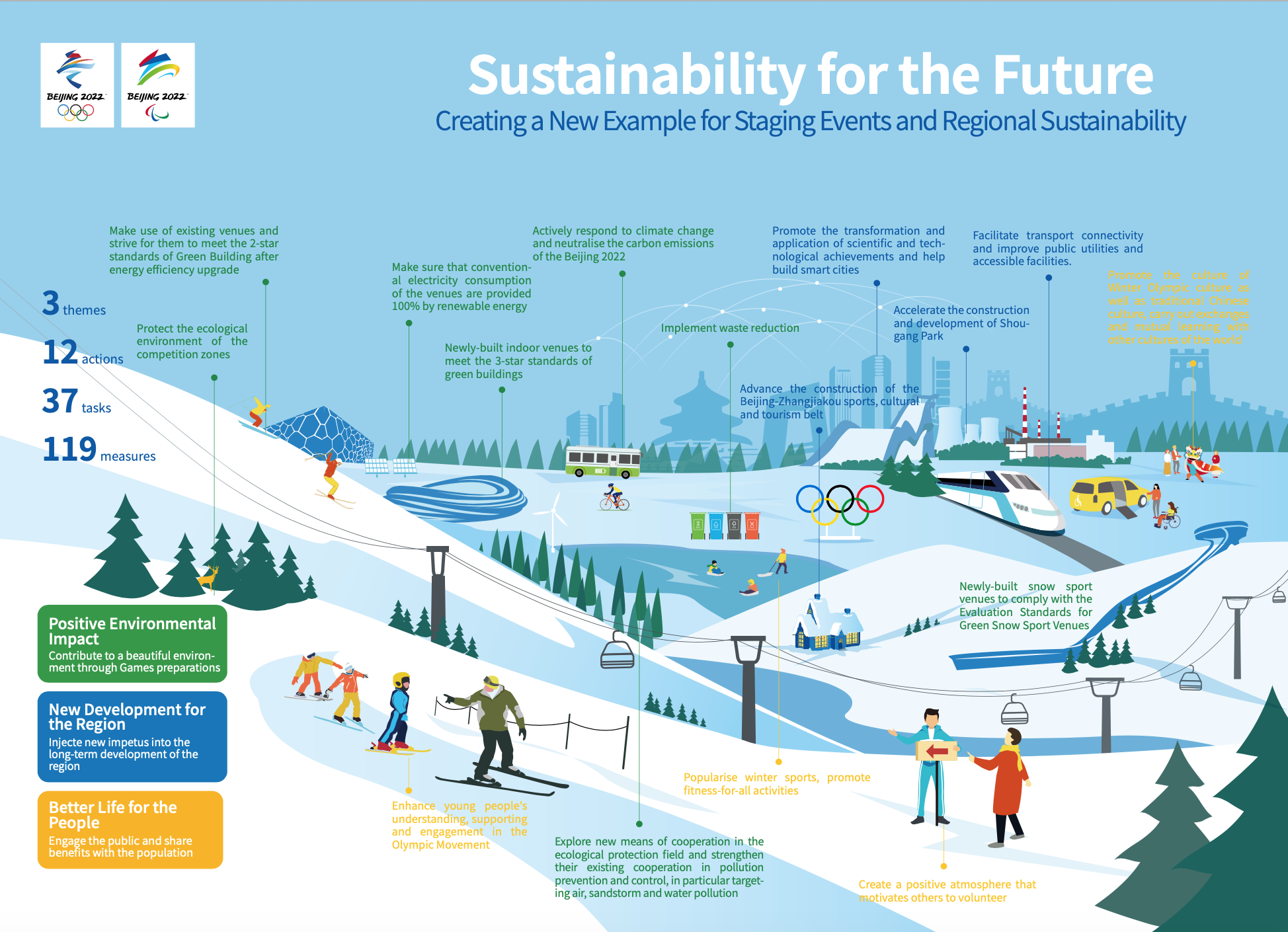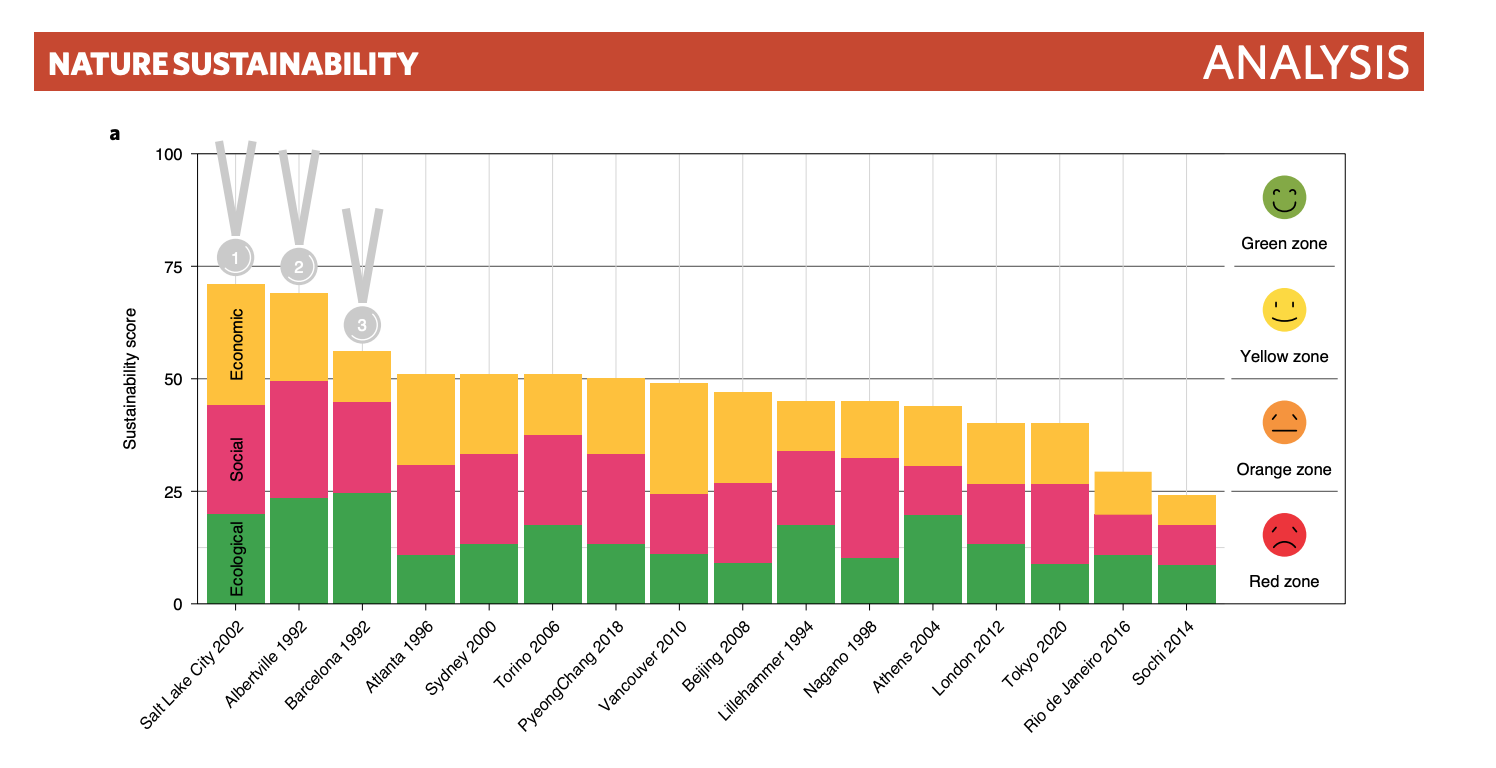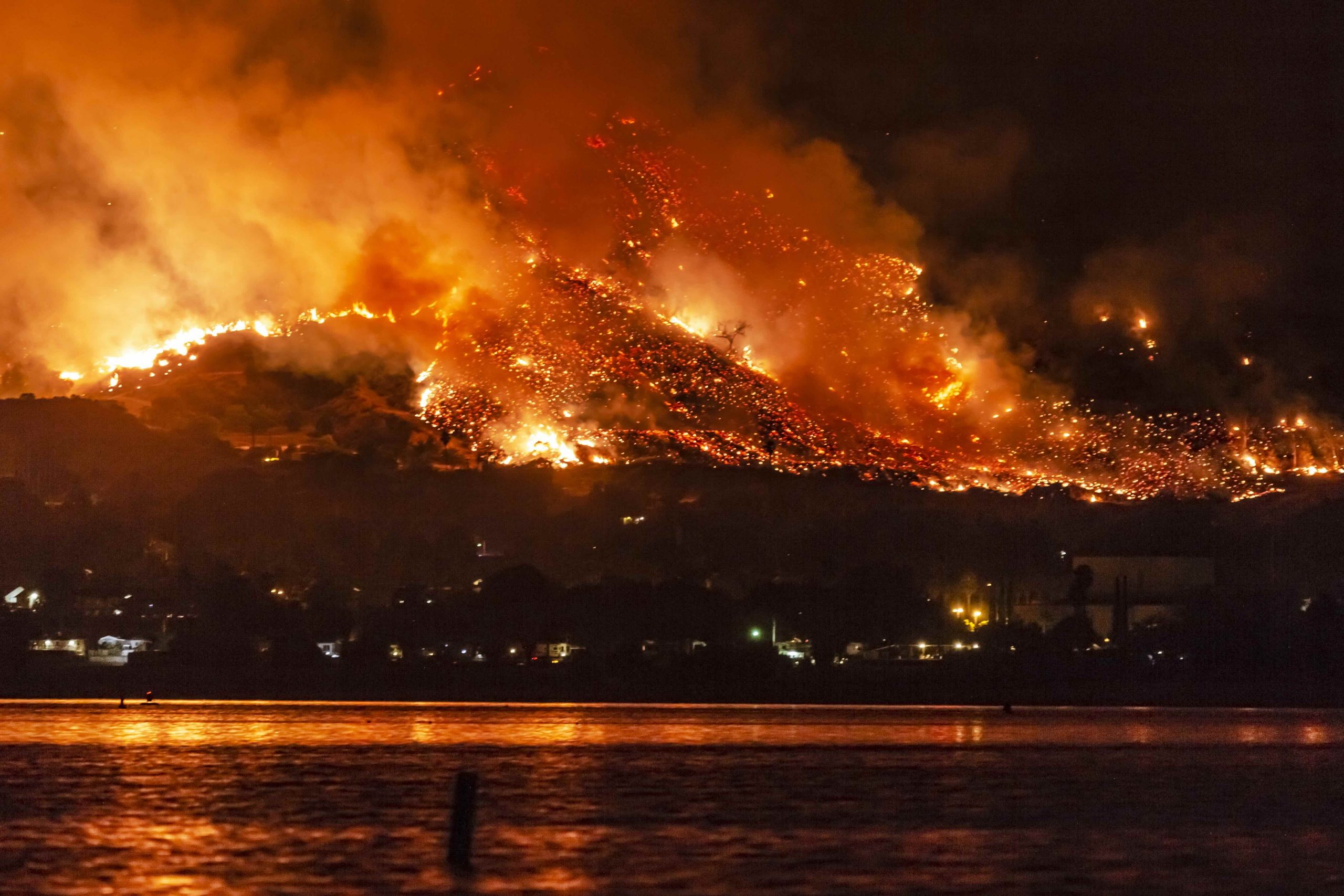The Beijing 2022 Winter Olympic Games are set to start officially on 4 February with the opening ceremony in the Chinese capital. The event will be split between Beijing and the surrounding mountain areas of Yanqing and Zhangjiakou, which will host most of the mountain sports events.
However, the Games have had a troubled build-up. The number of coronavirus cases in China is at its highest level since March 2020 due to the spread of the Omicron variant. This is putting China’s goal of holding a Covid free Games under considerable stress. In response, no tickets have been made available for fans, whether Chinese or foreign, and the movement of athletes and their teams will be heavily curtailed, ensuring that they spend their time in China in a “closed loop” without access to the rest of the country.
Human rights issues have also marred the build-up to the Games and led to diplomatic boycotts from a variety of nations, including the United States. Human rights activists point not only to the treatment of the Uighur Muslim ethnic group, with the United Nations estimating that over one million people have been detained in camps in Xinjiang, but also the disappearance and subsequent reappearance of the three-time Olympian tennis star Peng Shuai after she claimed to have been a victim of sexual assault by a former government official.
Furthermore, numerous experts have raised their voices to question the environmental sustainability of holding the Winter Olympics in an arid area that has long been affected by high levels of air pollution and which will require large amounts of water and energy to generate the artificial snow necessary for mountain events. Although the area sees very low temperatures it experiences little snowfall and pictures on social media of the thin white tongues of snow extending on the brown mountains already abound.
#Beijing2022 Skiing into the unknown: Beijing's man-made Olympic pistes
When the alpine skiers take to the piste at the Beijing Olympics this week, they will do so on artificial snow in an often drought-ridden region. #AFP pic.twitter.com/wtl4uuumnk
— AFP Photo (@AFPphoto) February 3, 2022
A central part of China’s bid to host the 2022 edition of the Games revolved around their commitment to host the first-ever carbon neutral Winter Olympics, with strong references to how hosting the Games could help investment in infrastructure and projects that contribute to lowering emissions and air pollution, providing sustainable mobility and improving urban planning.
Understanding if this Olympics will actually be sustainable from an environmental point of view revolves around comparing it to past events and seeing the footprint that previous editions have had.
“Results of our research show is that previous events have not held up to organisers claims about sustainability,” says Sven Daniel Wolfe, who is one of the co-authors of the 2021 paper published in the peer reviewed journal Nature that looks at the overall sustainability of Olympic Games.
The environmental legacy of Winter Olympics
One of the main promises put forward by China in their 2015 bid for the 2022 Winter Olympics was that they would deliver the first-ever carbon neutral edition of the event. Organisers have worked hard to put this promise in motion and currently claim that all Olympic venues are powered by 100% renewable energy and that any excess emissions associated with the event are offset with initiatives such as afforestation projects in the Zhangjiakou nature reserve – where tree planting has already taken place on a significant scale.
Hosting the Olympics for a second time is seen as an opportunity to showcase China’s progress in tackling emissions just as the global spotlight is focusing on the People’s Republic. China currently produces more solar panels and wind turbines than any other country and new power plants to help convert renewable energy have been built in the Hebei region which surrounds Beijing and is home to Zhangjiakou.
Boosting renewables in the region is also very important due to the historic problem with air pollution that has affected the region. Unsafe levels of PM 2.5 have been a cause for concern for decades and in the months preceding the Games Beijing declared that they met state air quality targets for the first time in 2021, lowering the concentration of dangerous PM 2.5 particles found in the air by 63% between 2013 and 2021.
However, many ask if this is enough. Although a significant improvement current PM 2.5 levels are still double the World Health Organization’s (WHO) recommended limit.
Furthermore, there is significant concern about the environmental impact of holding the Winter Olympics in an arid area that sees little snowfall and which will rely almost exclusively on artificial snow.

A concern that was also raised by International Olympic Committee (IOC) officials in reference to holding the downhill skiing and slalom competitions in Yanqing, as well as the cross-country skiing, ski jumping and snowboarding in Zhangjiakou: “[They] have minimal annual snowfall and for the Games would rely completely on artificial snow.”
In fact, Beijing saw no snow for 107 days in 2014, the third-longest winter stretch on record, and in the 2021-22 season the first snow of the season didn’t make an appearance until 14 January, a full three months behind schedule.
Artificial snow creates a series of issues in terms of sustainability. First and foremost it requires large amounts of energy. Although officials claim that snow cannons will be powered using renewable energy there is concern about the long term implications of creating a ski resort in an area that can only operate with artificial snow.
Secondly, each snow cannon uses up to 10 litres of water per second and overall the Olympic slopes will require over 2 million cubic metres of water – enough to fill 800 Olympic sized swimming pools. This could prove to be particularly detrimental in the Beijing area which is arid and suffers from prolonged droughts. News has already emerged of pressure being put on local water resources which will impact local populations for years to come.
Carmen de Jong, a geographer at the University of Strasbourg, claims that: “These could be the most unsustainable Winter Olympics ever held. These mountains have virtually no natural snow […] To create events without the primary resource it depends on is not only unsustainable, it’s irresponsible.”
Air pollution in Beijing was down by more than half in 2021 compared to 2008, and by three-fifths compared to 2013, when the smog was at its worst. 1/x https://t.co/NsYjAwa8CE
— Keith Bradsher (@KeithBradsher) February 2, 2022
Organisers argue that water used for artificial snow will be taken from special cisterns that gather mountain runoff and rainfall water during the summer. “We are all self-sufficient and ecologically circular,” says Wang Jingxian, a member of the 2022 Games planning committee when talking to Reuters about the issue.
“We have also taken special measures to protect the environment,” explains Liu Xinping who works for the Beijing Olympic Committee. Yet others are sceptical. Since being selected to host the Games the border of the nature reserve in Zhangjiakou has been amended to exclude the ski slopes. “Of course this is hugely problematic as the ski slopes are right in the centre of the reserve and the Olympic village is on the fringes of the reserve,” continues Carmen de Jong.
“I think these will be the least sustainable games of all time. The snow, the water consumption, CO2 emissions and lack of respect for nature reserves. There are so many aspects that are unsustainable,” she concludes.
A view that is also echoed by Wolfe: “There are a lot of indications that power usage for these Games is not ecologically sustainable and we have also seen reports, in Beijing and in other host cities such as Sochi, of protected natural parks being damaged in order to accommodate new construction. This is not sustainable from an ecological point of view.”
The three pillars of sustainability
With Sustainability becoming one of the pillars of the Olympic Agenda 2020, host cities are now focusing a lot more on their sustainability plans. Yet in recent years some scientists argue that Olympic events have been decreasing in sustainability rather than improving.

“Sustainability remains an elusive concept in the Olympic Games, and in mega-events more generally. Every Olympic Games now claims to be sustainable, but all equally fail to provide a coherent definition or model for independent evaluation,” reads the Nature report co-authored by Wolfe. To make up for this, Wolfe’s study provides a definition and conceptual model for the sustainability of the Olympic Games. This involves “sustainable Olympic Games” along three dimensions: having a limited ecological and material footprint, enhancing social justice and demonstrating economic efficiency.
This model is designed to achieve “a balance between strong conceptions of sustainability, which would put ecological limits over social and economic gains, and less rigorous conceptions of sustainability, which would see the ecological, social and economic dimensions as mutually substitutable and have a stronger focus on social and economic development.”
Both Summer and Winter Games have similar overall sustainability scores and both have been experiencing a decline in their sustainability over time, with recent editions such as Sochi 2014 and Rio de Janeiro in 2016 among the worst on record. However, there are also substantial differences in the impacts caused by Winter and Summer Games.
Typically Winter Games have a significantly smaller visitor footprint and displace fewer people. However, they do entail the construction of more new venues and have lower approval ratings in host nations. Furthermore, sustainability scores for Winter Games are subject to much larger variations than the Summer Games, with some editions doing very well, such as Salt Lake City 2002, and others doing terribly, such as Sochi 2014. One of the largest impacts of the Winter Games is that new sports venues have no meaningful after-use once the Games are over.
This suggests that where and how the Winter Olympic Games are held can have a significant impact on their overall sustainability.
“People mean different things when they say sustainability. So one of the things we’ve tried to do is define the term carefully. More than just environmental sustainability, which is the natural environment, we also look at social and economic sustainability,” explains Wolfe when outlining his study.
“If a game does well on each of those dimensions then we can call them sustainable. We would like to see good performance across all of those dimensions. However, despite sustainability claims by organisers, we are currently seeing all three dimensions trending down. We are not advocating for the Games to be cancelled but we want them to do less damage and there are things that organisers can do to ensure this.”
Sources:
Müller, M., Wolfe, S.D., Gaffney, C. et al. An evaluation of the sustainability of the Olympic Games. Nat Sustain 4, 340–348 (2021).






